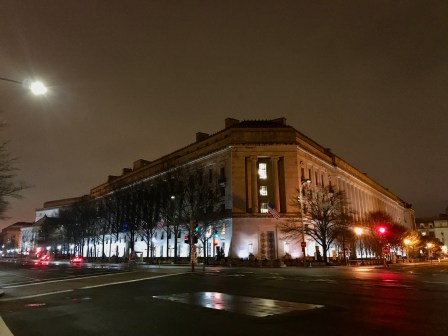Russian hacker connected to 2012 LinkedIn data breach is arrested

A hacker allegedly involved in one of the largest known data breaches to affect a U.S. tech company is now behind bars.
On the morning of June 5 2012, then-LinkedIn engineering director Vicente Silveira took to the company blog to disclosure that the career-focused social network had been hacked, causing the leak of more than 100 million account passwords. Less than 24 hours later, thousands of those passwords were indiscriminately posted online in plain text. Late Tuesday night, and more than four years later, Czech police announced they had arrested a Russian man in Prague who is now believed to be behind the historic attack.
“Following the 2012 breach of LinkedIn member information, we have remained actively involved with the FBI’s case to pursue those responsible,” LinkedIn said in a statement, Wednesday, “we are thankful for the hard work and dedication of the FBI in its efforts to locate and capture the parties believed to be responsible for this criminal activity.”
After Interpol issued an arrest warrant, Czech police forces in coordination with the FBI raided a hotel room located in the Czech Republic’s capitol on October 5, where they quickly apprehended the alleged hacker. A police spokesperson said on Tuesday that the Russian native’s name would not be immediately realized due to “tactical reasons.”
The original arrest notably took place just two days after the Obama administration formally accused the Russian government of hacking into numerous U.S. political organizations, including the Democratic National Committee.
Quoting unnamed U.S. officials, The New York Times and ABC News report that the aforementioned hacker was not connected to recent email leaks published by DCLeaks and WikiLeaks.
Security experts believe that the unnamed Russian may be behind a number of other U.S. data breaches. A local court in the Czech Republic will decide whether the hacker will be extradited to the U.S.
“We insist that the detained Russian citizen should be transferred to Russia,” state-run Russian news agency Tass reported Wednesday, quoting embassy spokesperson Aleksei Kolmakov.






